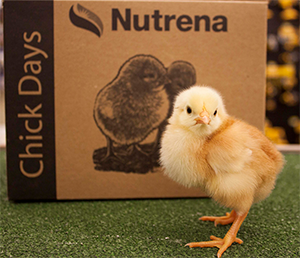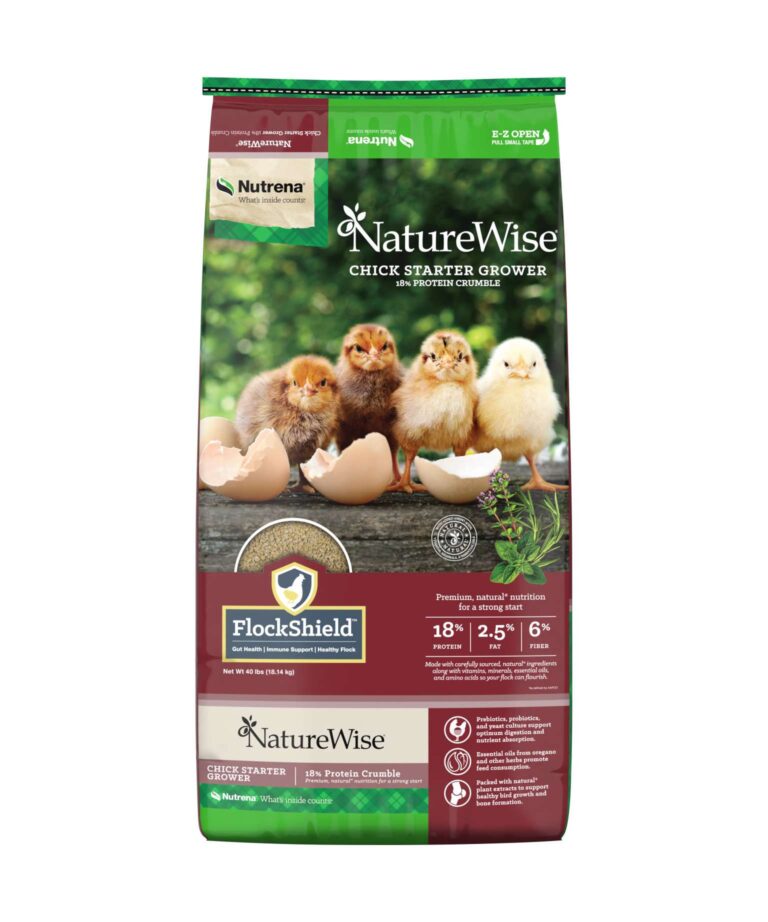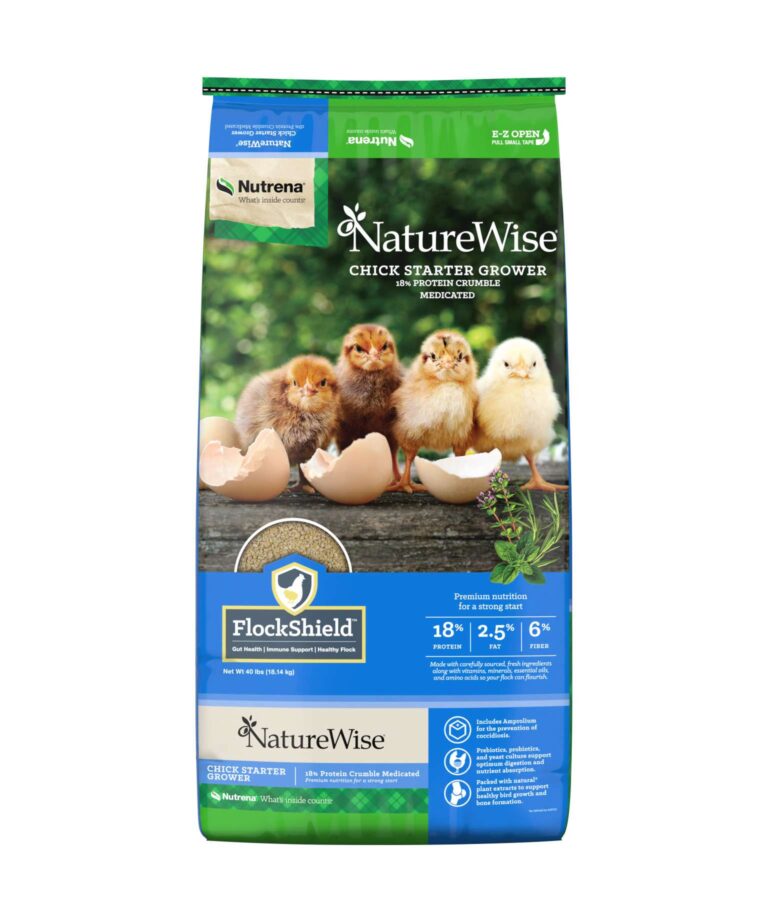Pasting in Chicks – Causes, Prevention & Treatment

Baby chicks go through a lot before you get them home. They are hatched, shipped, and stocked at your favorite feed or pet store where they encounter all the hustle and bustle of a retail environment. Then you select them, transport them yet again and bring them to another new environment. For a baby animal that is only a few days old, that can mean a lot of stress, and stress can greatly impact the health of young chicks.
One of the most notable problems in chicks that are stressed is pasting. This problem (also called “pasty butt” or “poopy butt”) is what happens when feces that are not the right consistency get stuck to the bird and can “paste” the vent (area where feces are excreted) closed. Left untreated, this problem, which on the surface just seems a little gross, can actually be fatal. Pasting can be caused by a few key triggers.
At the hatchery, chicks are not fed or watered since they are equipped to live on the yolk reserves inside their bodies for the two to three days it takes to ship them to their final destination. When they arrive they are thirsty and hungry and impulse for us is to place feeders and waterers immediately.
However, one important step in preventing pasting is making sure that the baby birds in the brooder are all drinking before they are given food. When placing chicks in the brooder, have your waterer set up but do not place the feed right away. As each bird goes into the brooder, dip the beak into the waterer so they can get a small drink and also learn where their water source is.
Watch your birds carefully at first, when you feel that all birds have found the water and had a good drink you can add the feed, but not before. This will prevent the birds from filling up on feed and not going to water like they should. Without water in their system, they cannot correctly digest their food, which leads to pasting.
Incorrect brooder temperature is also another scenario that can lead to pasting. If birds are too warm they will dehydrate quickly, and chilled birds are highly stressed – both these conditions can result in pasting. Keeping waterers clean and water fresh is also essential – this will increase water consumption which is the best defense against pasting.
Identifying this problem is relatively easy for all the reasons you’d expect: chicks will have a build up of feces around the vent area, alerting you that they have a problem. Treating pasting can be unpleasant, but it is not difficult or costly. All you need is some warm water and latex gloves as well as lots of patience.
- Take the affected bird and gently try and swab the feces from the vent area.
- Using a wet paper towel works well; for extreme cases you may need to hold the vent area under lukewarm (not hot) running water.
- Sitting the chick in a mug or bowl of lukewarm water is also another option to loosen the feces before wiping them away.
The main goal is to clear the vent area so the bird can resume defecating normally. After you have cleaned the bird up, applying some sort of lubricant, like Vaseline, to the affected area can help prevent further problems.
Closely monitor all your chicks for the first several weeks of life so you can catch signs of pasting and treat it quickly!


